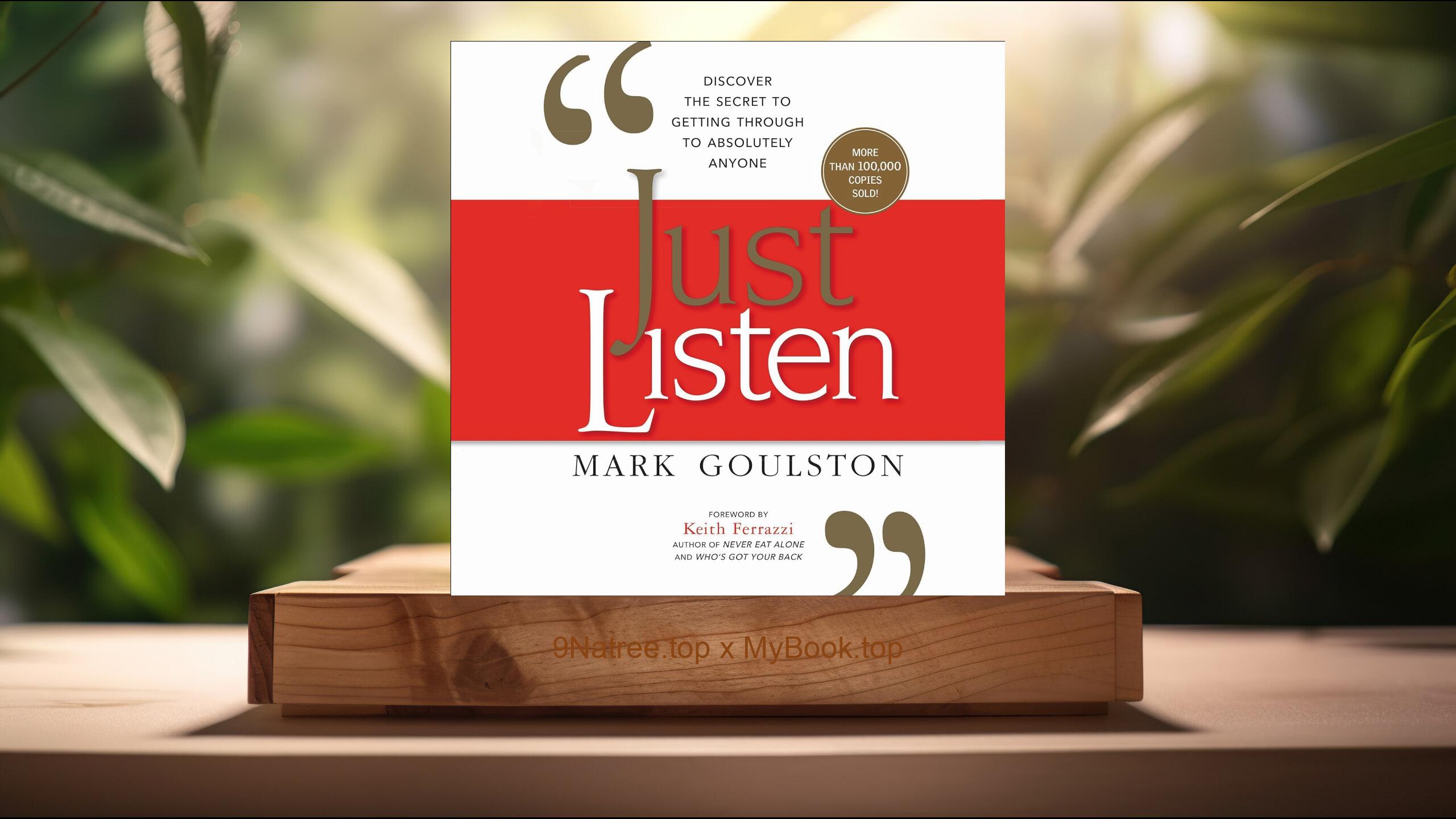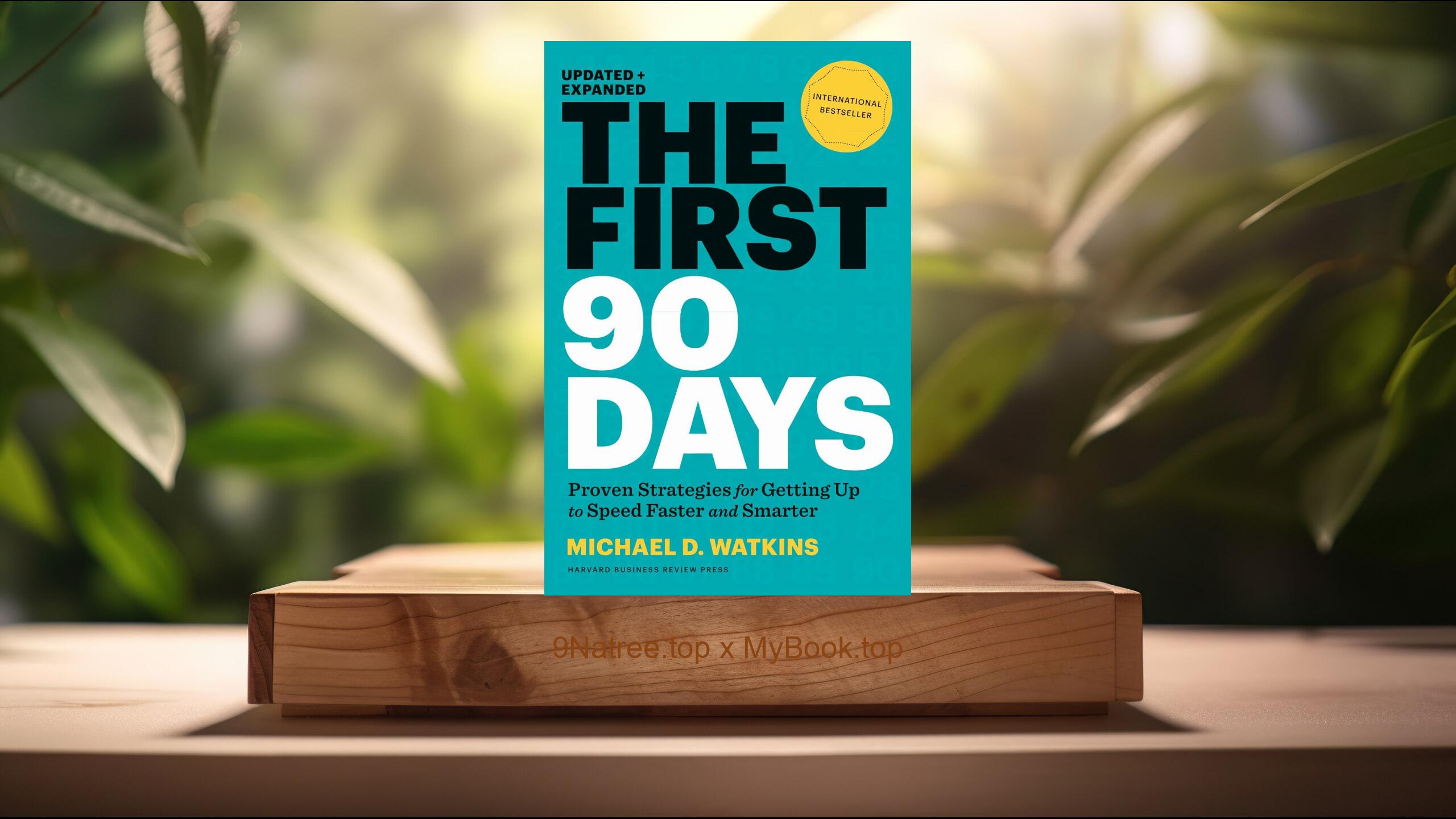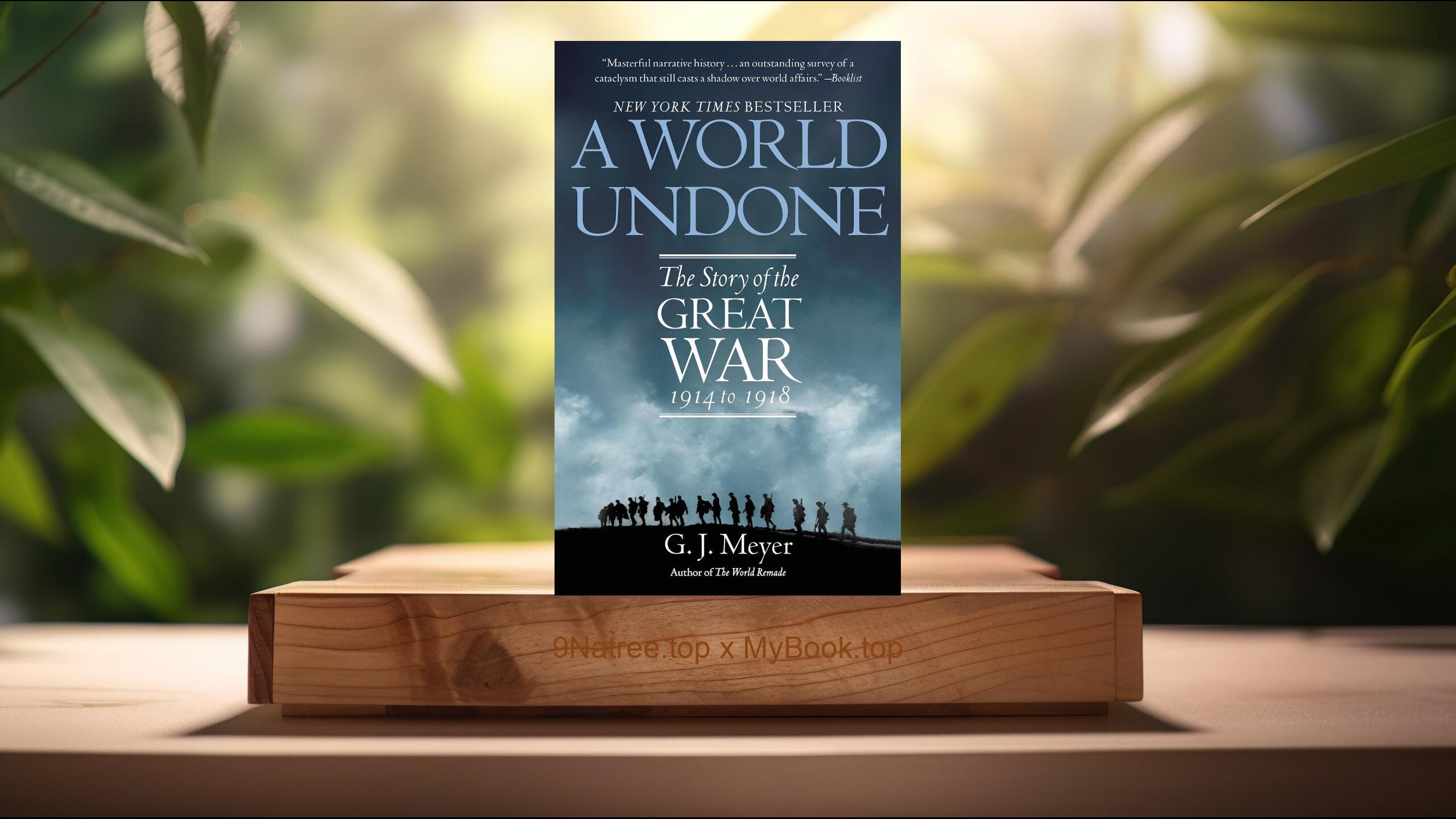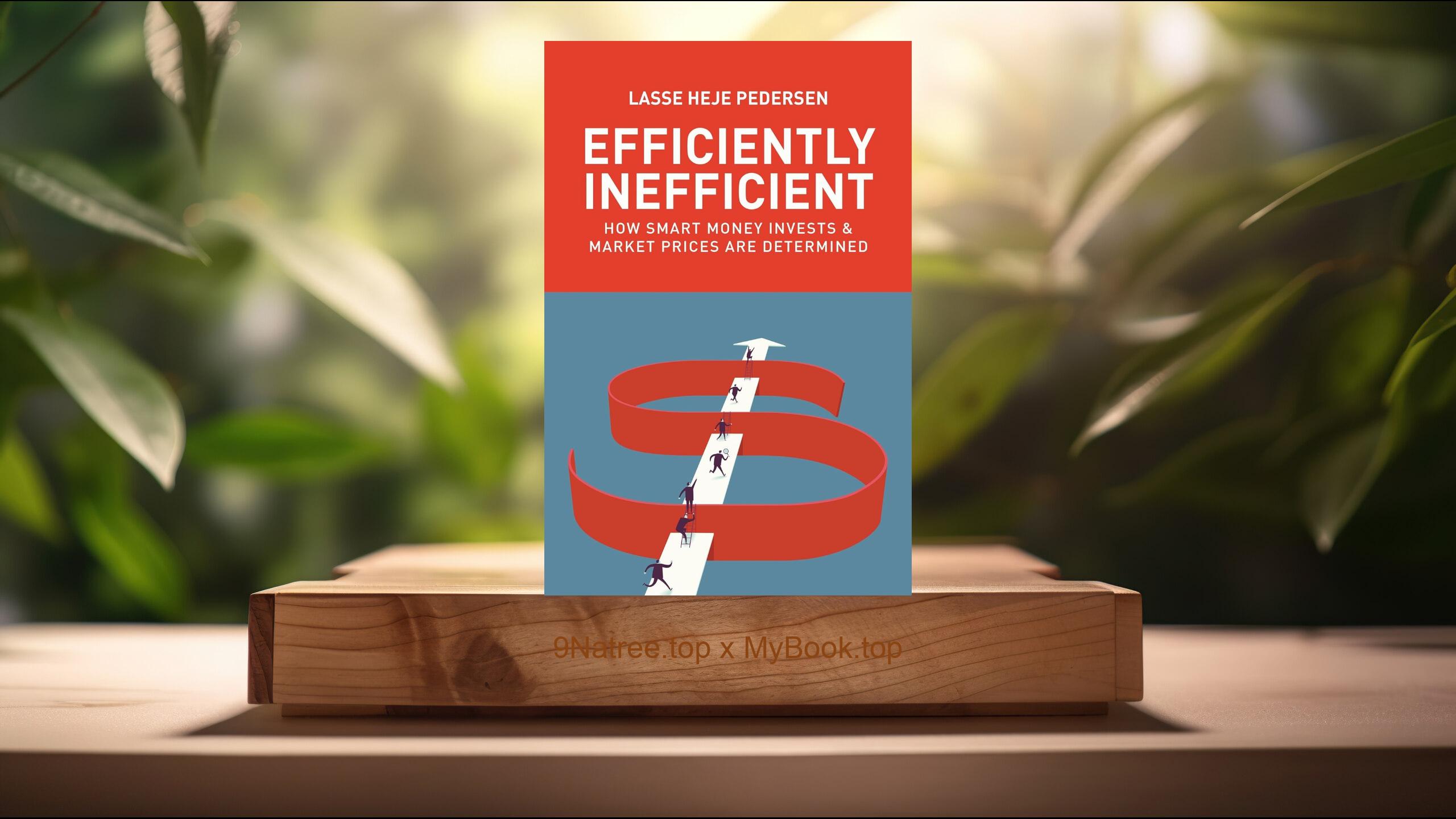Show Notes
- Amazon USA Store: https://www.amazon.com/dp/B08TCHGQ1G?tag=9natree-20
- Amazon Worldwide Store: https://global.buys.trade/The-Long-Game-How-to-Be-a-Long-Term-Thinker-in-a-Short-Term-World-Dorie-Clark.html
- Apple Books: https://books.apple.com/us/audiobook/the-long-game-how-to-be-a-long-term-thinker-in/id1643355267?itsct=books_box_link&itscg=30200&ls=1&at=1001l3bAw&ct=9natree
- eBay: https://www.ebay.com/sch/i.html?_nkw=The+Long+Game+How+to+Be+a+Long+Term+Thinker+in+a+Short+Term+World+Dorie+Clark+&mkcid=1&mkrid=711-53200-19255-0&siteid=0&campid=5339060787&customid=9natree&toolid=10001&mkevt=1
- Read more: https://mybook.top/read/B08TCHGQ1G/
#longtermthinking #strategicpatience #professionalnetwork #personalvision #decisionmaking #TheLongGame
These are takeaways from this book.
Firstly, Developing a Long-Term Mindset, In a world driven by quick fixes and immediate outcomes, developing a long-term mindset is crucial. Dorie Clark begins by emphasizing that cultivating this mindset involves understanding the value of patience and strategic planning. It requires a conscious effort to focus on big-picture goals rather than getting caught up in day-to-day tasks. A long-term mindset enables individuals to make decisions that align with their ultimate goals, rather than succumbing to the pressure of short-term results. This approach not only supports career aspirations but also fosters personal growth. Clark provides techniques to prioritize tasks that contribute to long-term objectives and suggests practicing mindful decision-making, enabling a shift in perspective that considers future benefits rather than immediate rewards. Embracing this mindset helps in building resilience and developing the ability to navigate challenges while keeping the end goal in sight.
Secondly, The Importance of Strategic Patience, Strategic patience is a recurring theme throughout The Long Game. Clark elucidates that patience does not imply inactivity but rather a well-considered and disciplined approach to reaching one's goals. She explains that strategic patience requires understanding the difference between urgency and importance, and focusing on actions that align with long-term objectives. This involves resisting the allure of short-lived successes that might divert attention from more meaningful pursuits. Clark provides examples from her consulting work to illustrate how individuals and organizations have benefited from delaying gratification and maintaining focus on their broader vision. By practicing strategic patience, individuals can withstand the challenges and setbacks that inevitably occur along the journey, thereby ensuring they remain on track to achieve their desired outcomes. This principle is central to navigating a world that often prioritizes rapid results over substantial, lasting achievements.
Thirdly, Building a Robust Professional Network, Another critical aspect discussed in The Long Game is the importance of building and nurturing a strong professional network. Clark emphasizes that networking should not be viewed merely as a transactional activity but as a strategic, long-term investment. Developing relationships with colleagues, mentors, and industry peers can provide valuable support, insights, and opportunities that significantly contribute to long-term career success. Clark advises focusing on quality over quantity, advocating for meaningful connections that foster mutual growth. She suggests strategies such as regular follow-ups, offering value before seeking favors, and being genuinely interested in others' successes. By cultivating a network built on trust and collaboration, individuals can create a safety net that provides assistance and guidance throughout their professional lives. This network becomes particularly valuable during times of change or uncertainty, offering diverse perspectives and innovative solutions to complex challenges.
Fourthly, Mastering the Art of Saying No, In a culture where saying yes is often equated with opportunity, Clark explores the power of saying no as a fundamental aspect of strategic long-term thinking. She argues that learning to decline offers and requests that do not align with one's values and objectives is crucial for maintaining focus on the bigger picture. By saying no to activities that do not contribute to long-term goals, individuals can conserve energy and resources for more significant endeavors. Clark provides practical advice on how to say no effectively, including techniques for prioritizing commitments and setting boundaries without damaging relationships. This skill is particularly essential in preventing burnout and ensuring that one's time and efforts are directed towards activities that generate meaningful progress. Clark's guidance empowers readers to make deliberate choices, enabling them to prioritize their aspirations and dedicate themselves to what truly matters.
Lastly, Crafting a Personal Vision, The Long Game underscores the necessity of crafting a personal vision as a foundational step in long-term thinking. Clark explains that a clear vision serves as a guiding framework for all decisions and actions, providing direction and motivation. This vision should encompass not only career ambitions but also personal values and lifestyle aspirations. Clark offers methods to develop and refine this vision, such as self-reflection, feedback from trusted advisors, and ongoing evaluation of one's goals relative to their evolving priorities. A personal vision acts as a compass, helping individuals stay aligned with their desired future even as circumstances change. By regularly revisiting and adapting one's vision, it remains relevant and achievable, ensuring that efforts are consistently directed towards fulfilling one's potential. This foresight encourages continuous growth and adaptability, which are essential traits in a rapidly changing world.
![[Review] The Long Game: How to Be a Long-Term Thinker in a Short-Term World (Dorie Clark) Summarized](https://episodes.castos.com/660078c6833215-59505987/images/1992305/c1a-085k3-kpw79d9vhrrw-jrvwjj.jpg)




